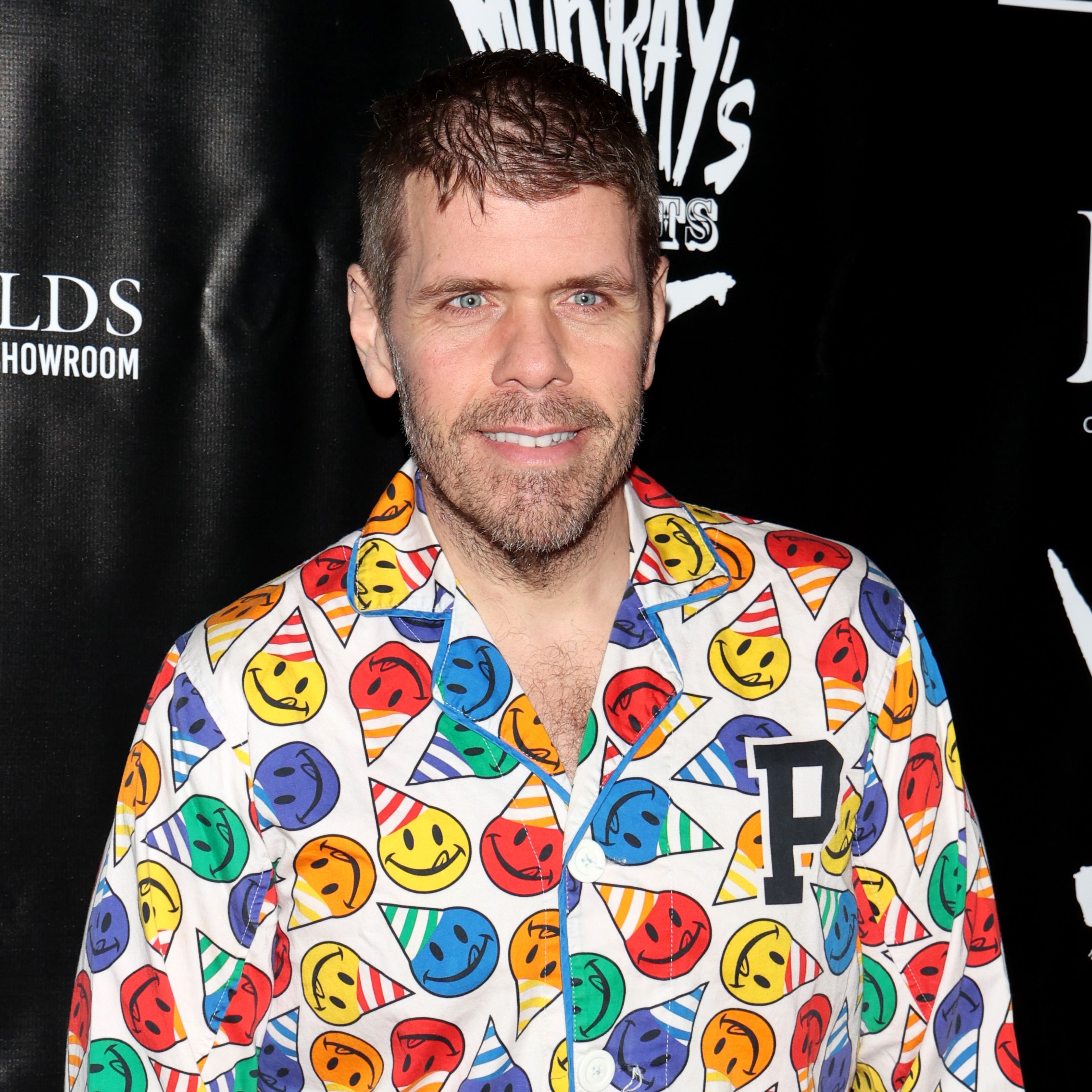The Journalist Who Saw WW2 Coming
Press play and read along
Transcript
Speaker 1 the Media is supported by Progressive Insurance. Do you ever think about switching insurance companies to see if you could save some cash?
Speaker 1
Progressive makes it easy to see if you could save when you bundle your home and auto policies. Try it at progressive.com.
Progressive casualty insurance company and affiliates.
Speaker 1 Potential savings will vary, not available in all states.
Speaker 2
This is On the Media's Midweek Podcast. I'm Brooke Gladstone.
For these last couple of weeks of August, we've been airing a mini-series from our friends at Radio Diaries.
Speaker 2 Profiles of three controversial radio personalities who had huge audiences in their day, but today are largely forgotten. The third and final part is about a woman named Dorothy Thompson.
Speaker 2 In 1939, Time magazine called her a woman who, quote, thinks, talks, and sleeps world problems and scares men half to death.
Speaker 3 They weren't wrong.
Speaker 2 Thompson was a foreign correspondent in Germany in the years leading up to the Second World War, and she broadcast to millions of listeners around the world.
Speaker 2 She became known for her bold commentaries on the rise of Hitler. The Nazis even created a Dorothy Thompson Emergency Squad to monitor her work.
Speaker 2 She was an eloquent and opinionated advocate for the principles of democracy. But by the end of the war, those strong opinions put her career in jeopardy.
Speaker 4 The National Broadcasting Company brings you at this time a talk by the noted woman commentator, Dorothy Thompson. Miss Thompson.
Speaker 5 I don't know how you feel, but I feel as though I'd like to take a little time off to think over and digest what's happened in these last days.
Speaker 6
My name is Leslie Dorothy Lewis. I'm 63 and I'm hearing my grandmother's voice for the first time.
It almost makes me cry.
Speaker 5 The reports from Poland today are that the Germans are attacking fiercely on all fronts, the victims of which are wholly civilian.
Speaker 6 She was saying some very dark things because it was a very dark subject she was addressing, but it was done in a feminine style.
Speaker 6 No one had ever heard it done like that before at that time.
Speaker 6 They have to always hear about a man like Edward R. Morrow with somebody like that.
Speaker 5 And I have an idea this war is going to go on being surprising.
Speaker 5 Let us wait with calmness and see.
Speaker 5 Good night.
Speaker 3 I'm Peter Kurth and I am the author of American Cassandra: The Life of Dorothy Thompson. Dorothy Thompson lived in Berlin and she first encountered the Nazi movement in the early 20s.
Speaker 3 No one was was taking them all that seriously in terms of their taking power,
Speaker 3 but she kept her eye on them.
Speaker 8 My name is Corinne Walther. I am a professor of history at Georgetown University in Qatar.
Speaker 8 She comes to interview Hitler in 1931.
Speaker 8
She writes, He is formless, almost faceless. He is ill-poised, insecure.
He is the very prototype of the little man.
Speaker 8 You know, there's that expression: men's greatest fear is to be laughed at by a woman.
Speaker 9 Adolf Hitler, the indomitable Nazi leader, is now Chancellor of Germany. The Nazi movement he created in 1920 has grown into a mighty army.
Speaker 3 Hitler's first task as Chancellor was to get rid of his rivals.
Speaker 3 Dorothy was at her hotel in Berlin, and the Gestapo knocked on the hotel doorroom and handed her papers saying she had 24 hours to leave the country.
Speaker 10 My expulsion from Germany is only interesting insofar as it throws some light upon the position of the foreign correspondent in Germany.
Speaker 10 It's the business of journalism to report everything that happens.
Speaker 3 After Dorothy came back to the United States, she was on the airwaves night and day, practically.
Speaker 4 Miss Thompson, whose former position as a foreign correspondent gives her a well-defined background for her discussions, will this evening analyze latest developments in Europe.
Speaker 3 She became identified as the sort of
Speaker 3 immediate opponent of Hitler, Dorothy versus Hitler.
Speaker 3 Hitler versus Dorothy Thompson.
Speaker 5 I am an American woman and mother, and I speak for the women of my country, to Adolf Hitler.
Speaker 5 Shall we congratulate you, Adolf Hitler, that Europe is a shambles?
Speaker 3 Her broadcast ended up being often appeals
Speaker 3 to rally and to strengthen in opposition to fascism internationally.
Speaker 5 There are three and a half million Jews in Poland. They know that they won't even be citizens of the Third Reich, but will be treated as citizens of the second class.
Speaker 8 She really understood what Hitler wanted to do, his attack against Jews as a race.
Speaker 8 And that's one of the things that makes her so wonderful at this time, because there were clearly so many Americans who were fine with it.
Speaker 7 Ladies and gentlemen, it is my very great privilege to welcome you to another mass demonstration by the German American Bund.
Speaker 3 In 1939, there was a huge rally of the German American Bund, an organization of American Nazis, gathering at the Madison Square Garden.
Speaker 3 And Dorothy came in and she sat in the front row of the press box. And while these speeches were being made, all she did was burst out laughing and crying things like nonsense and oh, please.
Speaker 3 The police had to come in because the American brown shirts were about to rough her up.
Speaker 8 She made the cover of Time magazine and they said that she and Eleanor Roosevelt were the two most influential women in the United States.
Speaker 8 The war against Germany is won.
Speaker 4 President Truman announced the official surrender.
Speaker 11 This is a solemn but glorious hour.
Speaker 3 After the Second World War, there was a refugee crisis around the Jewish population of Europe.
Speaker 11 These are the final blows of a long persecution which has been forcing Jews out of Germany by tens of thousands. 6,000 to America, 23,000 to Palestine.
Speaker 3 Dorothy was an avid, convinced, devoted Zionist, but She hadn't been there.
Speaker 8 So she goes to visit Palestine in the summer of 1945.
Speaker 3 She saw nothing but internment camps, refugees of the Palestinian population being forced off their own land and put into other lands that had been designated for them.
Speaker 8 It reminded her of the kind of hatred and violence that she had seen in Germany. She comes back and she says this: the Zionist project is not what I was led to believe.
Speaker 8 It is not going to grant equal rights for Arabs.
Speaker 3 She basically switched sides on that issue. She said establishment of a Jewish state in Palestine was a recipe for perpetual war.
Speaker 12 I'm Dorothy Compson. I've recently returned from visiting the scenes of the picture you are about to see.
Speaker 8 She participates in a documentary that is made to raise funds for Palestinian refugees called The Sands of Sorrow.
Speaker 12
Today in the Near East, a suffering people, the Palestine Arab refugees, are struggling for survival. Financial assistance is urgently needed.
I greatly hope you will want to give what you can.
Speaker 3 This made her terribly unpopular.
Speaker 8 She faces really immediate pushback from American Zionist organizations, as well as newspaper editors who had been publishing her columns, and they accuse her of anti-Semitism.
Speaker 3 That got her dropped from the New New York Post. And she did, in fact, struggle to find her place after that.
Speaker 6 I think her opinion cost her career 100%.
Speaker 8 There's a great quote which she makes at the end of her life.
Speaker 8 I had to speak out about this, meaning attacks on Palestinian civilians. For the same reason I had to speak out about Hitler.
Speaker 8 But my Zionist friends do not seem to understand the universality of simple moral principles.
Speaker 5 All of us must ask ourselves what it is that we live by.
Speaker 5 We must pledge renewed allegiance to a great liberal idea, the idea that men of many races and religions can live together in peace with each other.
Speaker 2
Dorothy Thompson died in 1961. She was 67 years old.
This story was produced by Micah Hazel and the Radio Diaries team.
Speaker 2 Radio Diaries is a Peabody Award-winning podcast that's been around for nearly 30 years, making first-person, non-narrated work about everyday life and hidden histories.
Speaker 2 Go to their website, radiodiaries.org, and you can listen to more of their stories, decades of them, on the Radio Diaries podcast. I'm Brooke Gladstone.





